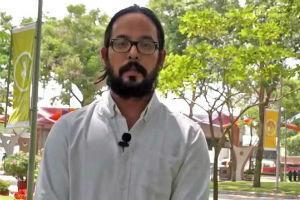 We present an interview with Elias Said Hung, PhD, who refers to the opportunities that digital television has in the framework of the Information and Knowledge Society, the implications that this change brings for an ordinary Colombian and the role of the State in its promotion, coverage and appropriation.
We present an interview with Elias Said Hung, PhD, who refers to the opportunities that digital television has in the framework of the Information and Knowledge Society, the implications that this change brings for an ordinary Colombian and the role of the State in its promotion, coverage and appropriation.
By:
Luis Fernando Gutierrez Cano
Luis Jorge Orcasitas Pacheco
Undoubtedly, the socioeconomic perspective generated by the implementation of DTT in the country generates a social impact from different concerns such as the reduction of the digital divide, information and citizen participation, education and universal inclusion at the service.
To understand a little more about these processes, we spoke with Elias Said Hung, Doctor of the Complutense University of Madrid, sociologist of the Central University of Venezuela, professor-researcher of the Universidad del Norte in Barranquilla and who currently serves as director of the education observatory of the Universidad del Norte. In addition, he is the author of the book: Communicative Transformations in the Digital Age, published in 2009 by Ediciones Uninorte.
What implications does digital terrestrial TV have for an ordinary Colombian?
Elías Said Hung: The change from analog to terrestrial television brings with it an additional cost in family spending, because Colombians will have to buy a new television or the decoder that has DTT. Those who do not buy the set-top box can be excluded, at least, from everything they can see on television so far and from all the potential services that can be provided with DTT, as an added value to traditional audiovisual programming.
How do you see the role that the Colombian State has played since the European standard was chosen in 2008 and how has the process of preparing for the digital ignition n year 2020 been?
ESH: The State must delve much deeper into strategies aimed at guaranteeing a digital ignition that manages to cover the entire Colombian territory, as well as its inhabitants. I believe that the choice of the European standard was technically adjusted, because it allows a development of value-added service, but the social debate around digital terrestrial television, I do not think is happening for the ordinary citizen; therefore, it is important to call on the State in order to establish a dialogue between academic actors, civil society and business actors, to lower the discourse to the greater number of social agents than those generated to date, in my opinion. Especially if we do not want to commit mistakes experienced in other countries, when facing this process forward, from a model of technological inclusion that ensures its positive impact at the social level.
Professor Elias Said Hung, demonstrates the impacts of the implementation of DTT in Colombia. Modifications in the current television system that will generate an impact not only on the medium as such but on the user and on the forms of access and use of the service.
Do you consider that the Colombian State only got involved in the choice of a technical standard or has it gone further and considered the legislative?
ESH: I believe that the Colombian State has had a very general technical and normative approach, but I insist, I think it is necessary to lower the technical discourse to a social discourse. Everything that the analog blackout implies, not only, affects the transformation of the telecommunications sector, but also the way in which the relationships of citizens (not only customers) will be established within this process.
There is a lot of talk about this business discourse as an economic factor, but where is also the issue of democratization, of citizenship, of the public service that helps the citizen to get involved in the problems of the State, to the daily problems?
ESH: Unlike other processes, the evolution of the audiovisual sector and the analog blackout brings with it a convergent process that cannot be reduced to the fact of the change from black and white to color but to the change of an ecosystem. It is the opportunity for us as a country to generate a set of values or value-added service that help reduce social gaps in access to information or other aspects of national interest, to face the challenges present in our contemporary societies, the development of distance education under that convergent scenario, where television can be used to facilitate access to training processes. The State has the capacity to provide me (citizen) with a set of public services (not only favor business development), mediated by this blackout process; also that we are provided with activities not exclusively linked to leisure and entertainment scenarios, which will be assumed by entrepreneurs for the generation of economic benefit within this process.
Where is the average citizen in a country like Colombia, in the face of all that technological eruption, when in many rural areas of the country access to the Internet and other basic services is precarious? Is it feasible that the technology gap could be widened further?
ESH: We must make it clear that the gap is not only having the possibility of access, but how this process is carried out. It is necessary to influence the strengthening of competences in digital citizenship, as well as competences linked to the technical use of the technology provided from this process of technological blackout, which allows the citizen to make efficient use of technology for the improvement of their living conditions and social environments where they live. Therefore, the topic proposed by this question must be oriented to the development of actions that allow the increase of this educational competence. We are not talking about digital television, we make direct reference to guaranteeing the national educational context that accompanies this analog blackout effectively for the above, where the challenge is not only given from the audiovisual producer, the realization or the business perspective, but from other social agents.
How would this be achieved, what strategies do you think to move forward on this matter?
ESH: There is a word that marks the strategy that should be deepened to favor this process of analog blackout: education. Greater progress is required in the promotion of integral education processes that achieve the formation of this new generation of citizens with tools and skills to get all the talent that the country has.
In the next installment continues the interview made to PhD Elias Said Hung who will refer to the issue of the ignition of digital TV from its development, impacts and opportunities, and will deal with important aspects for the development of DTT such as big data and education processes.



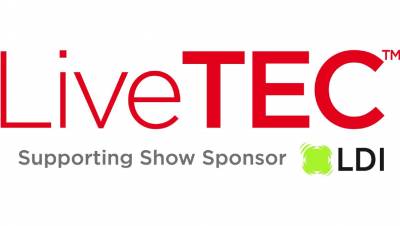

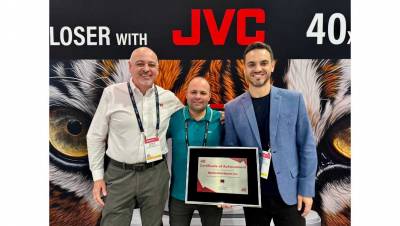





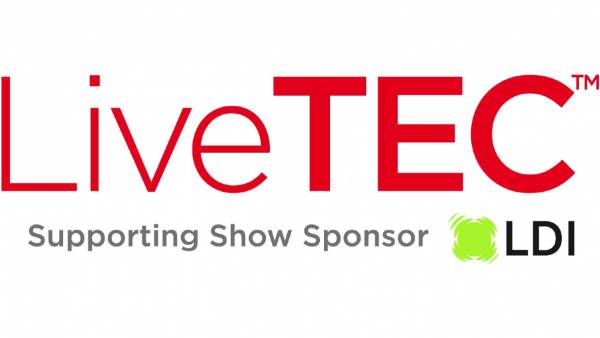
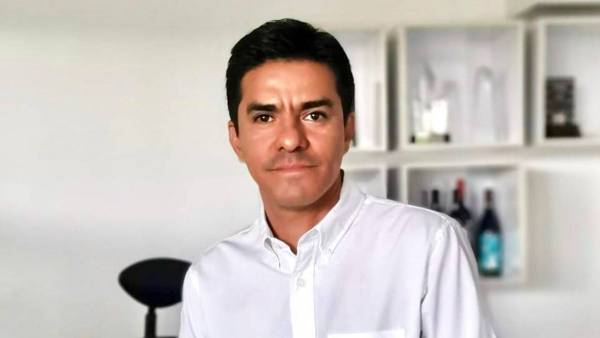











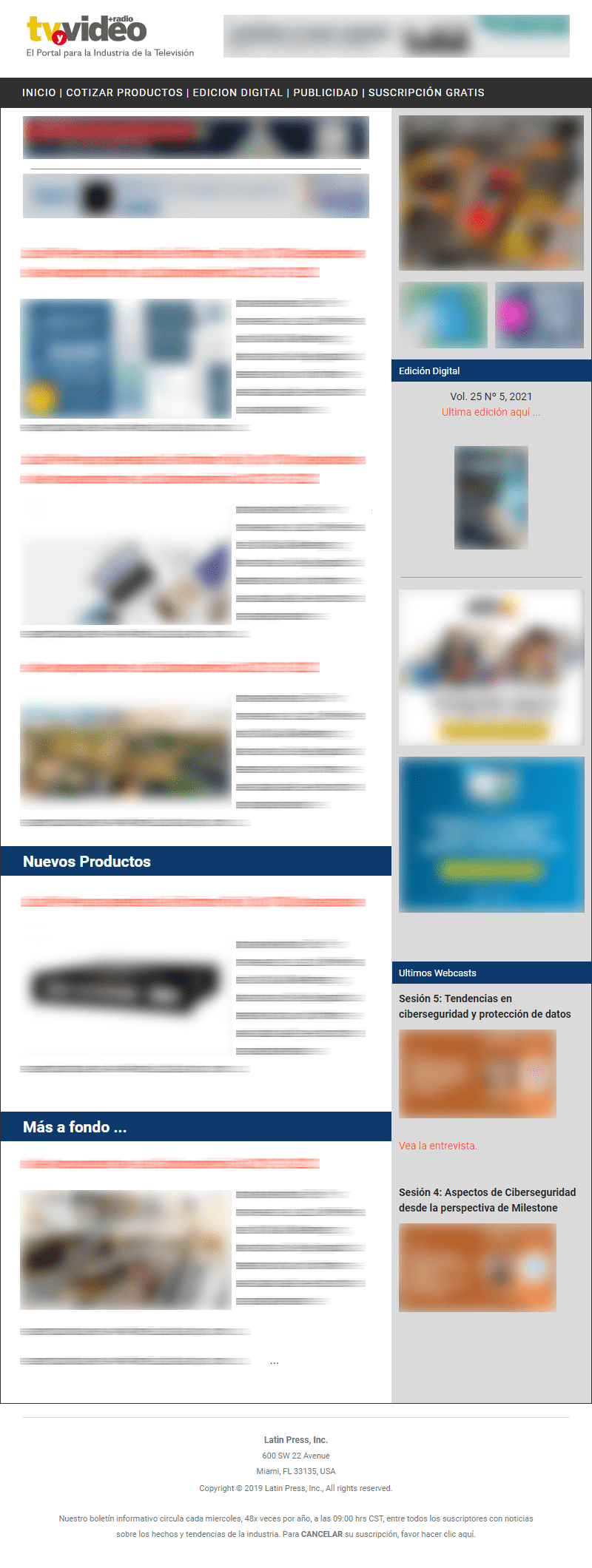
Leave your comment